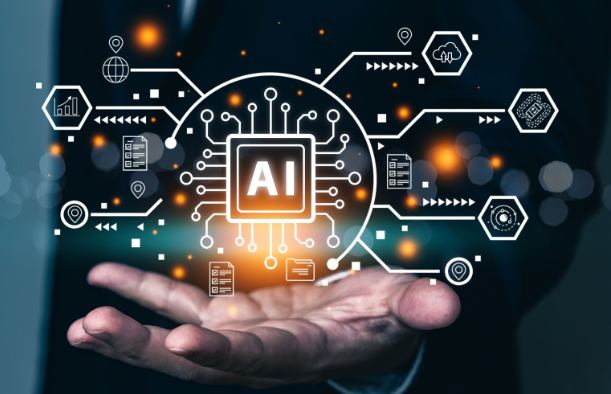Over the past year, Artificial Intelligence (AI) has surged into prominence, capturing public attention and earning the prestigious title of Word of the Year in several dictionaries. Alongside AI, related terms have also gained traction, reflecting the widespread integration of AI technologies into everyday life. However, as AI evolves, so does the language used to describe it, with many terms undergoing adaptation or even shifting in meaning entirely.
One such example is the term "Prompt," which has seen its definition expand significantly in recent times. Originally associated with computer interfaces as a command line eliciting human responses, "Prompt" has transitioned from a noun to a verb, particularly within the context of chatbot platforms.
In its current usage, "Prompt" refers to the arrangement of article ideas for a specific theme within an AI system. This linguistic shift reflects the dynamic nature of language and its adaptation to technological advancements, as noted by TechCrunch.
Meanwhile, Merriam-Webster has chosen "Authentic" as its Word of the Year, reflecting concerns surrounding authenticity in the age of deepfake videos. While the term itself may not have undergone redefinition, its connotations have evolved to encompass new and significant meanings, emphasizing the importance of truthfulness and genuineness in an era of digital manipulation.
Furthermore, Merriam-Webster has also highlighted "Deepfake" in its list of top words, signaling its transition from a term specific to revenge pornography to a more general term encompassing generative AI technologies.
As AI continues to permeate various aspects of society, the evolution of terminology surrounding it mirrors the ongoing dialogue and adaptation to its transformative impact. From "Prompt" to "Authenticity," these linguistic shifts underscore the dynamic interplay between language and technology, shaping our understanding and interaction with AI in the modern age.

